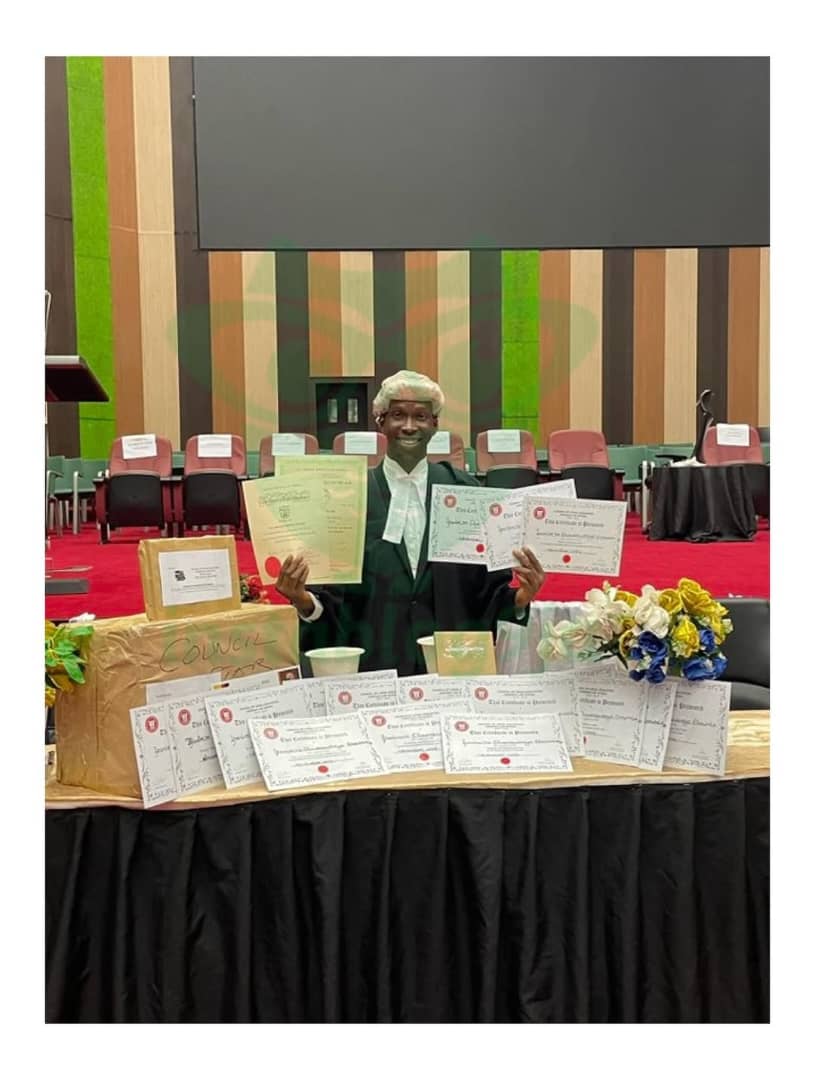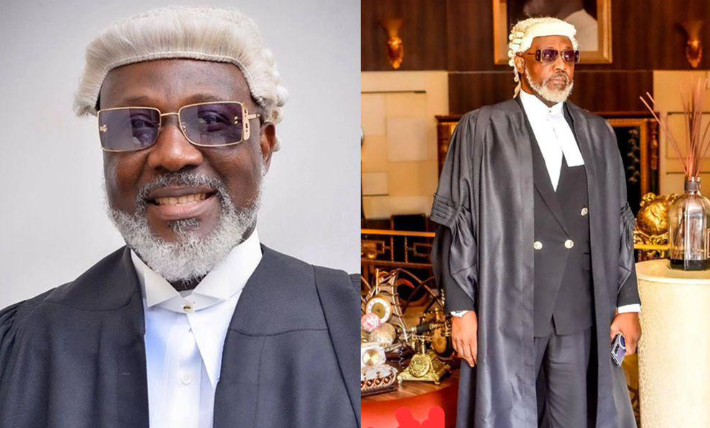
“Donate It to an Orphanage” – Pastor Paul Enenche Rejects ₦30 Million Crusade Donation from Kebbi State Governor

In a moment that has stirred both surprise and admiration across the Nigerian religious and political landscape, Pastor Paul Enenche of Dunamis International Gospel Centre made headlines for his bold yet humble rejection of a generous ₦30 million donation offered by the Kebbi State Government during a recent crusade. The revered cleric, known for his firebrand preaching and humanitarian outreach, stunned the crowd when he openly turned down the monetary gesture, urging that the funds be redirected to a more pressing need — support for orphans and the less privileged.
The event, which was part of the pastor’s evangelical crusade tour, had drawn thousands of attendees from within and outside Kebbi State. Among the crowd were political dignitaries, traditional rulers, religious figures, and an overwhelming number of believers eager to receive healing, miracles, and the word of God. Emotions ran high throughout the power-packed crusade as testimonies of healing and deliverance poured in from attendees. Yet, it was the moment Pastor Enenche addressed the issue of the state government’s donation that truly stole the spotlight.
As is customary in such events, state leaders and wealthy benefactors often seize the opportunity to show support either by presence or by offering financial and logistical assistance. So, when representatives of the Kebbi State Governor stepped forward with an envelope reportedly containing ₦30 million earmarked to support the crusade, many expected it to be met with gratitude and applause. Instead, Pastor Enenche’s response was polite but firm — and completely unexpected.
“Thank you very much,” he said, addressing the emissaries of the Governor. “But I will humbly ask that you donate it to an orphanage, or to anything that will directly impact the lives of those in desperate need. Let the poor feel the hand of love and support. That, to me, is the highest form of service to God.”
His words were followed by a stunned silence across the field, which quickly gave way to a loud and thunderous applause. Congregants erupted in cheer, chanting praises and expressing admiration for what many viewed as an act of spiritual integrity and genuine compassion. Social media was set ablaze within minutes, with video clips of the moment going viral on TikTok, Instagram, and X (formerly Twitter), drawing praise from both devout followers and casual observers.
Public reactions have been pouring in from across the country, with many lauding the pastor’s decision as rare and exemplary. In a time where religious institutions are often criticized for aligning too closely with political power and wealth, Pastor Enenche’s action stood out as a bold statement about the role of the Church and its accountability to the people. “This is what it means to be a true man of God,” one user wrote on X. “We need more voices like Pastor Enenche who understand that the Gospel is not for sale, and crusades are not cash grabs.”
The Kebbi State Government has not issued an official statement regarding the rejected donation, but close sources suggest that discussions are now underway to fulfill the pastor’s request and rechannel the funds toward the betterment of orphanages and charitable causes within the state. If carried through, this could result in a significant boost for many underserved institutions currently grappling with underfunding and resource shortages.
Observers say this development could mark a cultural shift in how political donations to religious events are perceived and handled, especially in Northern Nigeria. It might prompt both spiritual leaders and political figures to reflect deeply on the intentions behind such donations and the true essence of community service. Religious analyst Dr. Ifeanyi Okechukwu remarked, “Pastor Enenche’s response was a masterclass in ethics and leadership. He reminded everyone that while collaboration between faith and government can be valuable, it must always prioritize the people over pageantry.”
In many ways, the moment was quintessentially Paul Enenche — fearless, principled, and driven by a deeper sense of mission. Known for his impassioned sermons and commitment to both spiritual revival and societal transformation, Pastor Enenche has built a ministry grounded in service to humanity. From scholarship grants and medical outreaches to housing and feeding programs, the Dunamis church under his leadership has frequently launched initiatives aimed at improving the lives of Nigeria’s poorest and most vulnerable.
This particular decision, however, might go down as one of the most symbolic gestures of his public ministry. In rejecting the ₦30 million, Pastor Enenche did not just make a statement about financial integrity — he sent a message to governments and institutions that the true work of God must directly touch lives, not just fund events.
Interestingly, this isn’t the first time Pastor Enenche has shown financial restraint in the face of large offerings. In 2022, during a similar crusade in another northern state, he reportedly redirected donations toward hospital bills for indigent patients and rebuilding schools destroyed by conflict. “The Church must not be a place where we collect and consume,” he said in an earlier sermon. “We must collect and contribute, give and grow communities.”
What makes this latest action even more impactful is the current economic reality facing millions of Nigerians. With inflation soaring, the naira struggling, and widespread poverty deepening across many states, the sight of a prominent pastor choosing people over personal gain is a refreshing counter-narrative in a time of disillusionment. It strikes a chord with the growing call for accountability and selflessness in both the church and the corridors of power.
The rejection of the ₦30 million has sparked a larger national conversation. While some argue that the donation could have been accepted and still used for charitable purposes, others insist that the symbolism of rejecting it altogether — and the clear message it sends — is more powerful. It suggests a reimagining of what it means to lead by example, especially in a nation where corruption and compromise often dominate headlines.
Pastor Paul Enenche may not have intended for the gesture to become a viral moment, but in doing what he believed was right, he has once again redefined what it means to walk the talk of faith. For the many orphans and vulnerable children who might soon benefit from the redirected funds, this decision could mean a warm meal, a bed to sleep in, and perhaps even a future that looks a little brighter. And for the rest of Nigeria, it is a timely reminder that greatness is not in what you accept, but sometimes, in what
you choose to turn away.


